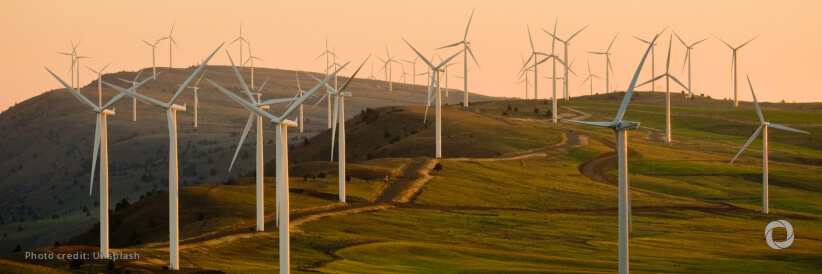The World Bank Board approved a pioneering $2 billion initiative to enhance energy security and affordability by scaling up renewable energy in emerging and developing economies in the Europe and Central Asia region.
The Europe and Central Asia Renewable Energy Scale-up (ECARES) program is a 10-year, multi-phased initiative that aims to enable, in the first phase, the addition of 15 GW of renewable energy capacity (enough to charge 650 million electric cars every year) and reduce 240 million metric tons of carbon emissions (equivalent to avoiding the combustion of 100 billion liters of gasoline).
By financing enabling policies and institutional frameworks, grid integrating, and providing financing and risk-mitigating solutions, the initiative will also contribute to countries’ efforts to accelerate the clean energy transition, decarbonize their economies, and improve their competitiveness in global trade markets. The program is expected to leverage $6 billion in private capital financing.
The first project under the ECARES initiative, also approved by the World Bank Board, is a $657 million financing facility for the Accelerating the Market Transition for Distributed Energy project in Türkiye, in support of the country’s goal of adding 60 GW of solar and wind power by 2035.
“A new approach is necessary to support countries in Europe and Central Asia in ramping up their renewable energy capacity which will contribute to energy transition in the region,” said Antonella Bassani, World Bank Vice President for the Europe and Central Asia region. “At the World Bank Group, we are committed to helping countries develop the enabling framework and initial investments needed to attract private capital in the scale-up of renewable energy.”
In 2022, the Europe and Central Asia region experienced the biggest supply shock ever experienced in gas markets globally, which resulted in an unprecedented increase in gas prices and wholesale electricity prices. As a result, the region is seeking to diversify its energy mix, reducing its dependency on fossil fuels, and expanding the domestic generation of renewable energy to foster energy security. In addition, the region’s emerging and developing economies are among the world’s largest carbon emitters on a per capita basis, at nearly 7 metric tons per person, which is 50% more than the global average, with the energy sector being the largest contributor to emissions. As elsewhere in the world, the region is also experiencing the physical impacts of climate change, including record-high temperatures, wildfires, and floods.
The ECARES program brings together policy and technical advice, financing, and derisking instruments, to deliver solutions and impacts at scale.
The Türkiye Accelerating the Market Transition for Distributed Energy project will focus on expanding the distributed solar energy market for end-users such as businesses and households and pilot distributed battery electricity storage, to increase renewable energy. Although the country has succeeded in tripling renewable energy in the past decade, further work is required for Türkiye to reach net zero emissions by 2053.
“Türkiye has recently committed to one of the most ambitious programs on energy transition seen in emerging market countries. The World Bank welcomes the commitment to double renewable energy by 2035 and is delighted to accompany the country in its efforts to achieve energy security, lower energy costs for consumers, and fight climate change,” said Humberto Lopez, World Bank Country Director for Türkiye.
The project approved today is part of broader World Bank support for Türkiye’s green transformation in several sectors, including energy, transport, industry, urbanization, agriculture, and water and forest management.

